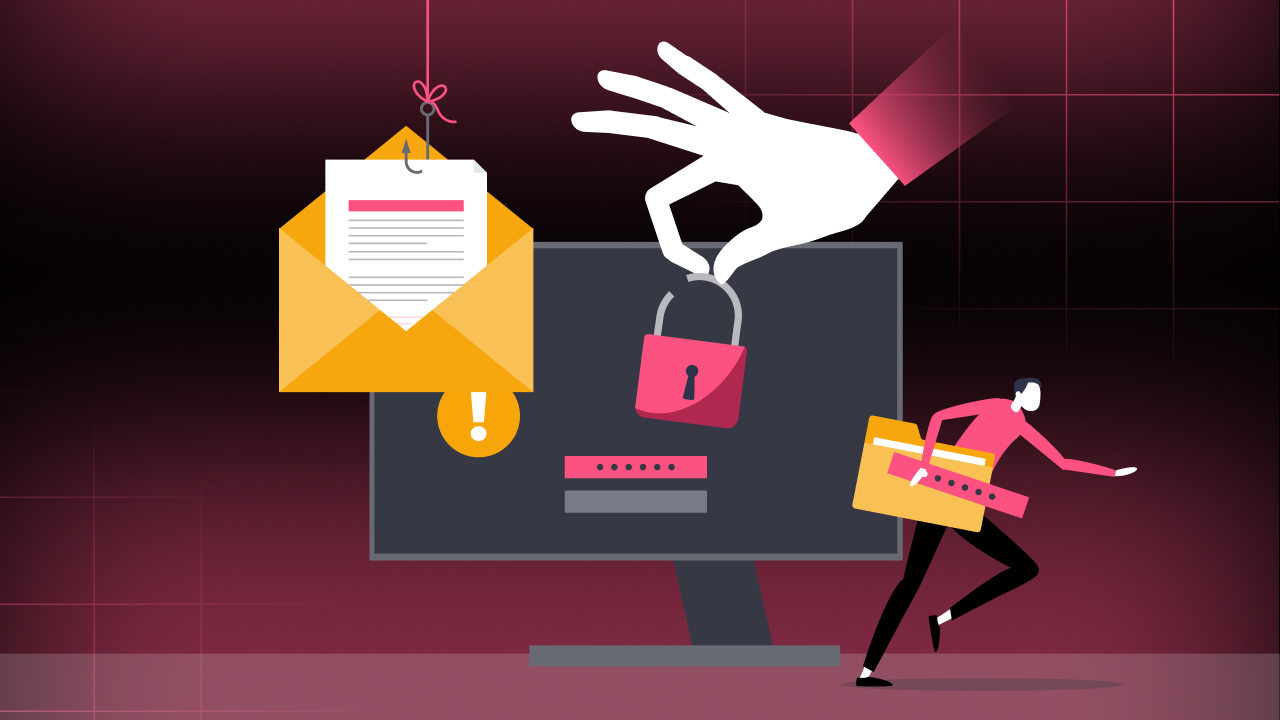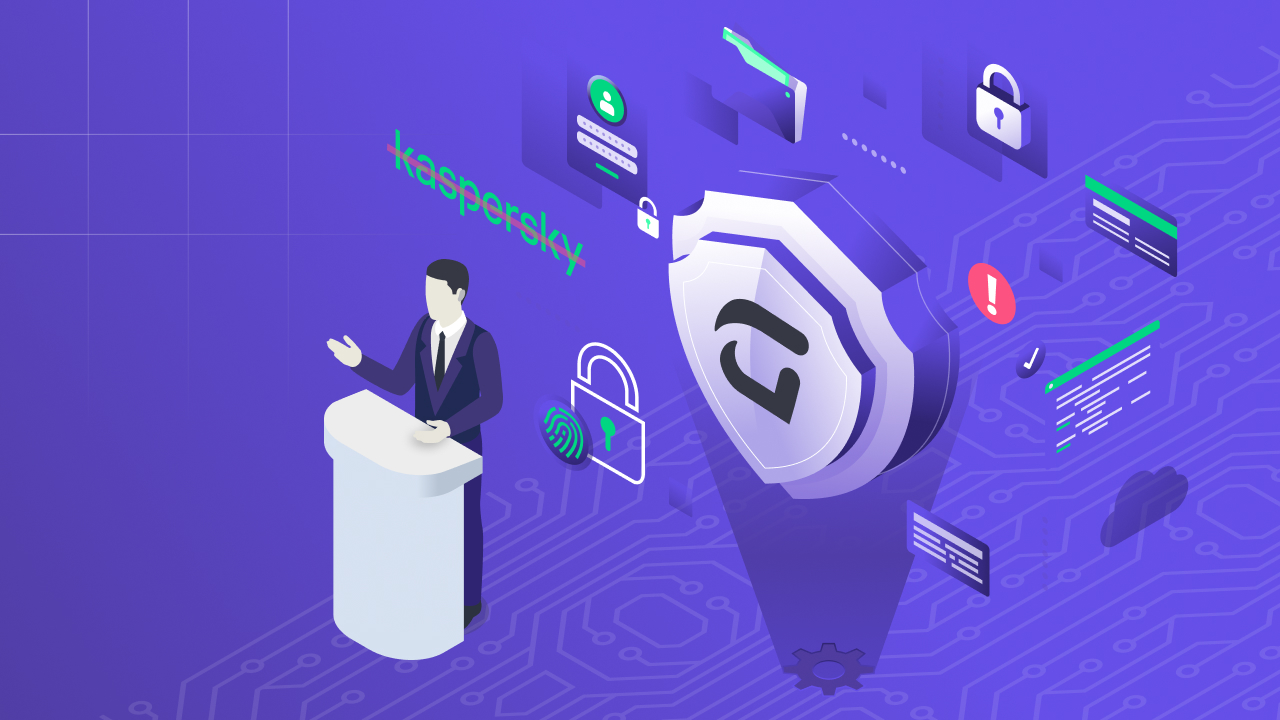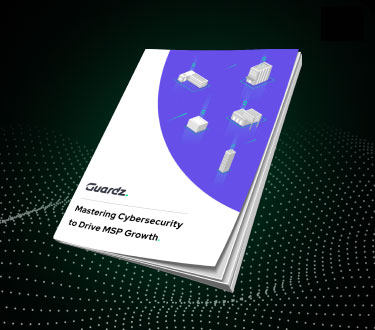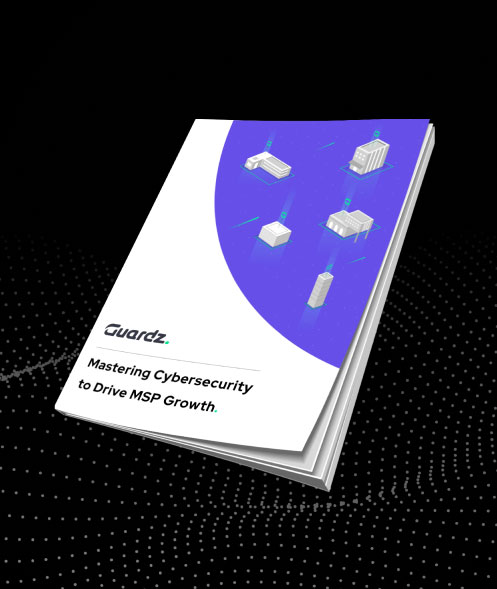Having trouble logging into your client’s network? Can’t access any files?
That’s most likely because you’ve been breached or one of your clients has.
But the question is who should be held accountable if a data breach occurs? In this article, we’ll explore ways to prevent breaches, understand who has access to which sensitive data assets, and discuss the importance of why every MSP should have cybersecurity insurance coverage.
.
Understanding Where Sensitive Data Is Stored
Do you know who has access permissions to your CSP resources, such as Google Drive? A study that analyzed 6.5 million Google Drive files found that 40.2% contained sensitive data that could put an organization at risk of a data breach and suggested that 34.2% of the scrutinized files were shared with external contacts outside the company’s domain files. A single compromised file can place your MSP business at risk of a potential lawsuit since you are responsible for managing and securing your clients’ data once you’ve signed that NDA.
But it gets even more complicated.
Can you be 100% certain that your clients’ employees’ are even aware of the risks associated with Bring Your Own Devices (BYOD) when logging into corporate accounts from outside of the office? And how many devices have unsecured endpoints? We’re not talking about a client with 20-50 employees. Imagine an enterprise with thousands of potentially vulnerable endpoints just ripe for the picking.
Consider the risks of AI-generated phishing attacks or other forms of malware a remote employee might download from an unsecured Wi-Fi hotspot connection. Multiply this threat by the number of servers and devices they access, and the risks of a breach increase exponentially.
A study conducted by the Ponemon Institute found that 68% of organizations have experienced one or more endpoint attacks that successfully compromised data and/or their IT infrastructure.
And then there’s the real threat of external third-party suppliers and contractors that your clients work with, who are granted access ‘carte blanche’ to applications, shared cloud service providers, and systems without your knowledge. Something as simple as removing an inactive user from a shared Slack account can wind up costing you down the line.
Any of these scenarios can point back to you if you don’t know where sensitive data resides.
Research conducted by IBM Security found that the time it takes to contain a breach was 291 days across multiple types of environments.
Time is a valuable commodity in a security incident. Every second counts if proper security measures aren’t locked in place.
Conducting a Cyber Risk Assessment is a Good Start
One way to protect yourself from a potential breach is by conducting a thorough cyber risk assessment to get a clear understanding of your critical vulnerabilities and security posture. A cyber risk assessment can show you a detailed breakdown of what data is at risk and how third-party access could compromise any of your systems or critical infrastructure.
Assessments should be performed at least annually to ensure that your security measures are up-to-date.
Here are a few other use cases to perform a cyber risk assessment:
- Immediately after a security event occurs
- When integrating new technologies to evaluate any risks
- To ensure that compliance regulations are met
- Onboarding new third-party vendors, partners, and suppliers
- When employees change roles or leave the organization
Cyber risk assessments show you where sensitive data is stored, how long it is kept, who has access to the data, and if the data is secured.
Assessments can help you determine if you have the right security policies and controls to protect the data effectively. Once you have a detailed inventory of all assets at risk, you can prioritize future mitigation strategies to reduce the likelihood of a breach.
Cyber risk assessments are a crucial piece of the security puzzle. But what happens when a client decides to file a lawsuit against your business if their data has been compromised?
Why MSPs Need Cyber Insurance
Although you can’t control access permissions of third parties assigned by clients, you can protect yourself in terms of liability and legal ramifications in the event of an actual breach. Cyber insurance can provide financial protection, cover legal expenses, support incident response efforts, and help repair any reputational impact if a breach occurs.
Cyber insurance policies can shield you from the financial fallout of cyber incidents and breaches, including first-party losses like business interruption, data recovery, and ransom extortion fees. It also protects against third-party liabilities such as legal defense costs, settlements, regulatory fines, and penalties.
Another benefit of having cyber insurance coverage is that the insurer can act as the mediator in the event of a dispute. This might involve negotiating with third parties, managing communications with affected clients, or handling regulatory bodies to ensure compliance and mitigate further liabilities.
And it’s not only MSPs who need to have cyber insurance. Data showed that 87% of MSPs are seeing an increase in demand for cyber insurance from clients. Breaches can stem from unpatched software, leaked credentials from a misconfigured AWS S3 cloud bucket to an employee falling for a phishing scam. Regardless of how it happened, the cause is less relevant than the outcome.
That’s why every MSP should have premium cyber insurance coverage.
Protect Your Business from Breach Disputes with Guardz Cyber Insurance Coverage
Guardz Cyber Insurance can help cover the costs associated with data breaches and legal expenses. Manage and mitigate the impact of a cyber incident without disrupting business operations. Guardz also covers the costs incurred by MSPs and SMEs in investigating the incident and implementing recovery measures to keep business flowing.
Don’t leave anything to chance. Protect your critical assets and demonstrate cyber risk readiness to your clients with Guardz Cyber Insurance.
Get a quote now
- Share On:












